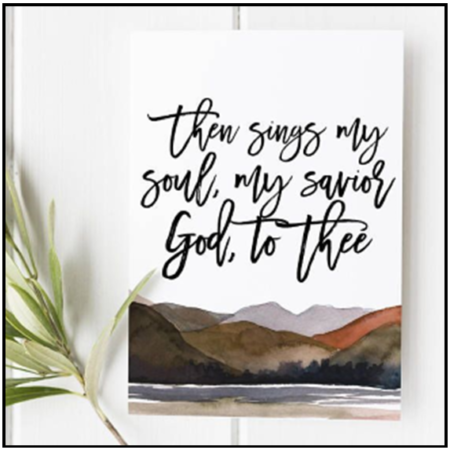The other day I was standing in the kitchen preparing dinner—that mainly involved the washing and preparation of vegetables from our garden. From the adjacent room I heard the soundtrack of the movie that the ladies of the house were watching together. The music conveyed the mood of the film at each point, the beauty, loss, action and triumph that make a movie so attractive and allow it to tell a story so well. Without the music the movie would have not quite the effect. As I marvelled at the power of music to affect us, my listening became a bit more technical. I realised that overall the music was based on the classical music tradition. Other influences, such as those of modern popular music and even Asian music were there, but overall the music had a classical base.
I didn’t know the movie, but from my brief five minutes in the room, I knew that its story was steeped in South-East Asian culture with characters that were in line with current sensibilities. Some of the traditional movie themes, such as overcoming adversity and a good ending, were there, but the heroine, anti-hero and many characters reflected (post-) modern categories. Despite all that, the classical heritage of the music was unmistakable.
I have long liked movie soundtracks and their expressive music. These soundtracks have long been influenced by classical music. Nevertheless, a soundtrack from the 1950s is quite different from one of the 2020s. While there has been a development of film music, composers have gone back again and again to classical music and incorporated different elements of it in their film music. Sometimes, the different soundtracks are more similar with the tradition they draw inspiration from than with each other.
Just as movie without music would not have the same impact, so for many people church would not be the same without music. Music influences our worship, affects us at a deep level. For many people it forms part of their relationship with God. Hymns influence our theology more than we think, because the sung word reaches us more intimately.
Church music has an even longer tradition than film music, from the Jewish chanting to medieval plainsong melodies, baroque oratorios, revival hymns to rock-inspired songs. Church music interacts with the music popular at certain times and cultures, and yet it also continually draws from its long tradition.
In our worship we try to be open to new forms of music, as well as the old hymns some of us know so well. However, for each of us the well-known is slightly different, and what speaks to some does not to others. Whatever we sing, may it be the Lord’s song!

